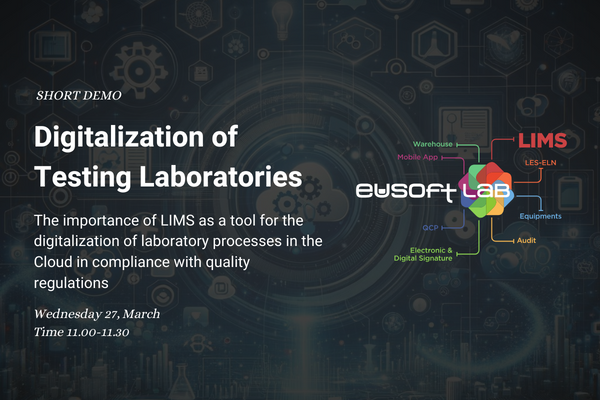Food fraud has become a major concern for food manufacturers due to an increasingly globalized supply chain, so public health is constantly at risk. In addition to public health, food fraud has a negative impact on consumer confidence in the food industry and public regulatory bodies. Food safety authorities around the world work to ensure food safety; however, blind spots in food supply chains increase the chance that someone may commit food fraud.
The most common food frauds are as follows:
- Adulteration: operation that consists in varying the composition of a food, replacing the elements of the product with elements of lower quality or subtracting substances without declaring it (for example, the skimming of milk not declared on the label).
- Falsification: involves the marketing of a food under the proper name of another type of food (for example, the sale of margarine for butter or that of seed oil for olive oil).
- Sophistication: there is a modification of the composition of the food with partial replacement of components of the food itself, with the aim of improving its appearance or covering its defects.
- Counterfeiting: although this fraudulent operation may seem similar to sophistication and adulteration, it is still considered as fraud, because it involves the sale of products with names or brands that can mislead the consumer.
How to prevent food fraud?
Food crime can be an individual act of dishonesty or illegal activity by a criminal network. Putting in place advanced laboratory techniques is the first step in identifying adulteration in ingredients and final food products. Analytical techniques such as rapid PCR tests, gas chromatography and mass spectrometry can help identify adulteration of food products. Finally, high-performance techniques allow the simultaneous detection of several adulterants in the level of parts per billion (ppm).
Food manufacturers must implement a traceability system to identify and track each product along the supply chain. F&B companies need to monitor the entire supply chain in real time. A foolproof traceability system can provide manufacturers with information based on a product’s data and history. This can help manufacturers take swift action against potential food fraud and ensure the safety and authenticity of food. For this reason, a LIMS for the food industry can help manufacturers detect problems in the production cycle. Therefore, corrective action can be taken to prevent potentially contaminated products from being placed on the market. F&B brands need more reliable data, better data analysis, new tools and technologies, and a greater understanding of the underlying scientific, economic and cultural issues driving food fraud.
The role of a LIMS in the fight against food fraud A LIMS (Laboratory Information Management System), acts as a defense against possible food fraud. Adopting a proactive product monitoring approach along the supply chain, along with the structure and consistency that a LIMS offers, helps ensure data integrity and appropriate sample monitoring. Laboratory software for the food and beverage industry, also known as Food and Beverage LIMS or Food LIMS, helps generate reliable results, maintain transparency in testing methods, ensure end-to-end traceability, and help map every step of the process in the supply chain. With the constant threat of adulterated foods on the market, it is imperative to have a LIMS that ensures a high level of data integrity for analysis performed in the laboratory. A LIMS helps identify potential hazards at specific points in the supply chain and supports strategic decision-making based on vulnerability. A LIMS helps manage important laboratory documents, such as manuals, standard operating procedures (SOPs), and processes. It helps to plan staff training and increase their skills. In addition, the LIMS helps laboratories to meet compliance with standards such as ISO/IEC 17025:2017, FSMA, HACCP and ensure food safety at all times.
Conclusion
The food industry is constantly under pressure to keep prices low due to globalized food supply chains and the economic motivation to provide cheaper food products. Food producers need to have adequate vigilance throughout the supply chain to ensure food quality and consumer safety. Laboratories perform several tests on food products to detect foreign materials. For this reason they should digitize the testing process to ensure the safety and quality of the products. A LIMS can play a key role in fraud detection and prevention; helps maximize the efficiency of laboratories and allows them to provide accurate and reliable test results. For this reason, Eusoft, with Eusoft.Lab, aims to contribute to the improvement of control processes along the production chain by giving data security and traceability of information. If you are curious to know more request a demo by clicking here




